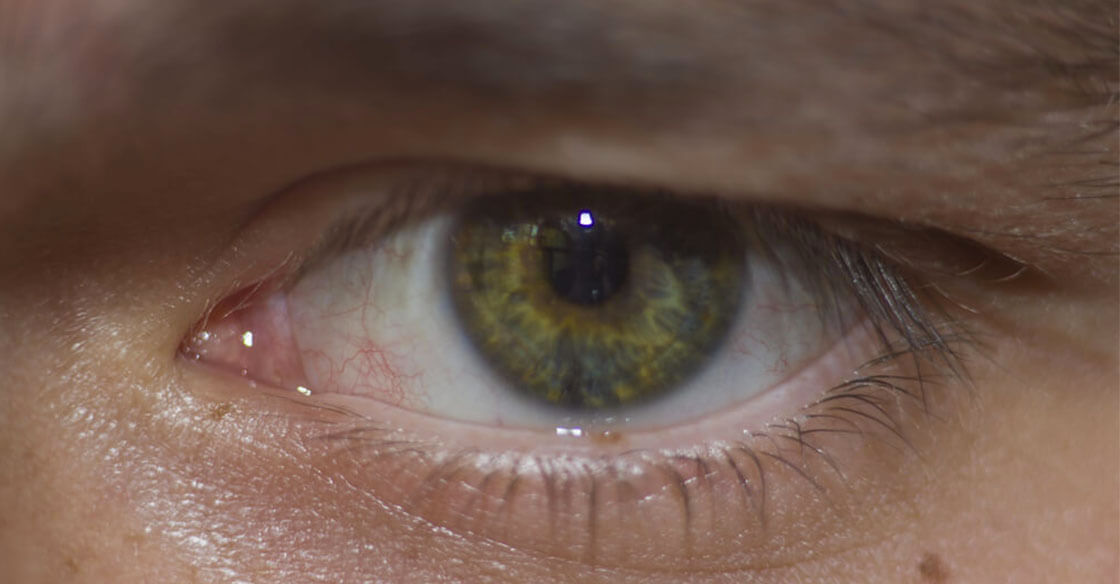Corneal Refractive Therapy: Are We saying Goodbye to Glasses?

Corneal refractive therapy (orthokeratology) is becoming extremely popular and appealing to people with nearsightedness, myopia or even astigmatism who do not wish to undergo surgery.
What is corneal refractive therapy and who needs it?
This treatment was first introduced to the world in 2002, and many individuals undergo the therapy for vision correction purposes. During this therapy, you will wear gas permeable contact lenses while you sleep to reshape your cornea. When you remove these lenses in the morning, you will be able to see more clearly.
This treatment doesn’t involve surgery, so there are few risks. However, this therapy doesn’t come with permanent results. In order to continue enjoying clear vision, you have to wear these lenses every night. Corneal reshaping isn’t painful and you will notice improved vision after the first few nights of wearing the lenses. The effects of this therapy will become greater with every use.
Who can benefit from corneal refractive therapy?
While corneal refractive therapy can be beneficial for anyone with nearsightedness, it is especially useful for the following individuals:
- Active children: Corneal reshaping can be very good for children who engage in sports. Parents don’t have to worry about their kids getting dust behind their contacts during a game and getting an eye infection. Children can also use non-prescription sports goggles while playing, which are more affordable than ones that require a prescription.
- Adults with jobs that require good vision: In some careers, it’s necessary to have good eyesight without the help of glasses or contact lenses. For example, firefighters must deal with emergency situations every day and can’t do their jobs properly if they can’t see well. They also can’t wear glasses because they don’t fit with their face masks. Police officers, photographers, pilots and surgeons must also have good vision to do their jobs correctly.
Corneal refractive therapy is a great option to correct vision if glasses or day lenses are less than ideal. The treatment however, should only be offered and monitored by experienced professionals.
If you are considering corneal refractive therapy, make an appointment with your eye doctor to discuss the details and see if you are a good candidate.
EyeLux Optometry. Quality services. For your eyes only.
Schedule an Appointment
